What Jobs Will AI Create—And Do The Luddites Have A Point? | In The Loop Episode 22
.png)
Published by
Published on
Read time
Category
In this episode, we're going to discuss a recent New York Times article, which lists 22 new jobs that AI might create. Plus, a relevant historical take on AI and ideas against technology. This is interesting because, when compared and contrasted with this new article, there's a lot to learn from history.
This is In The Loop with Jack Houghton. I hope you enjoy the show.
Context to our modern AI anxiety
Today’s episode should be really interesting. While reading up on this topic and researching for this episode, someone shared a TED talk with me. They felt perfect together, and it gave me a new perspective.
To start from the top: there are a lot of people thinking about AI, and many of these people are panicking. Not running around in the streets thinking the world's over, but being very concerned. Not necessarily about those doomsday scenarios, but about what will happen with the future of jobs. This perspective is worth exploring because right now, times are pretty tough. All over the world, fewer and fewer people can afford housing, and that's because of price increases as a percentage and as a ratio to the amount you earn.
Governments are selling off their assets to try and drive down debt, and the people buying them are big businesses who then charge extortionate amounts for delivering the same service to the government. Taxpayers are paying for this, which leads to fewer houses being built, less land, fewer assets, higher debt, and civil conflict as a result. There's also lots of global conflict going on that's only escalating. This is all happening at a time when the social safety net around the world is shrinking, with less support for people and less high-quality, affordable healthcare.
These fears about job displacement are extremely valid and worth taking seriously, because for many people, it will be painful. Many people listening to this podcast might not be affected, but they might have family members who are.
I've done episodes on how AI has impacted and will impact entry-level jobs. And for all those in knowledge work—writing, analysis, creative fields—we're watching AI and AI agents get better at these tasks every single day. This raises a big question about what the future of work looks like for those people who are often middle-class white-collar workers.
These concerns aren't theoretical—I'm not trying to make this episode super negative. The snowball effect can happen fast. I promise I'll go into more positive analysis throughout the episode.
We've talked about how major CEOs openly discuss big changes on this podcast.
- Shopify CEO: No human hires before it’s proven that AI can’t do the job
- Microsoft CEO: The real goal of AGI and how it will 10X productivity
- Anthropic CEO: Vibe coding and the future of software development
Amazon CEO Andy Jassy released a memo to all their employees, saying that AI agents will reduce their workforce. They're openly saying they want efficiency by using AI throughout the business. He described AI as a system that will perform tasks on behalf of everyone—instead of needing so many employees. He openly accepted that while agents make certain jobs more fun by reducing the amount of menial tasks, it would also mean fewer people needed.
So there's a transition going from the "system hero"—where a system needs to be worked—to the "agent hero," meaning AI is moving beyond just helping and is doing more for people.
But, as I said in previous episodes, we’re not quite there yet. People conflate viral videos and headlines with reality and what these systems can actually do right now. But AI is going to get there.
Do AI-pessimists have a point?
This is where the historical lens becomes fascinating. Someone shared a TED Talk with me over the weekend while I was researching this topic, and it fits perfectly: the story of the Luddites. Their experience helps us understand not just what AI will destroy, but what it might create.
Who were the Luddites? And did they have a point?
Most people use "Luddite" as a slur for anyone who resists new technology, usually in a negative context. But a different perspective comes from Megan McArdle's TED Talk, where she pointed out that the original Luddites weren't just anti-technology—they were skilled artisans who created handcrafted textiles. Everyone needed handcrafted items because that was the only way to make clothing.
Then, mechanized mills appeared everywhere and underpriced them. Spinning jennies could produce everything these artisans made, and facing economic devastation, they decided to destroy the machines themselves. They attacked them directly.
You have to have some sympathy for that position. We celebrate the glory of progress, and often, this progress is truly glorious. But progress isn't free. Sometimes, people get hurt—lots of them. The printing press democratized knowledge—but also enabled witch burning and religious wars. The Industrial Revolution raised living standards while creating awful factory conditions, urban squalor, and terrible environmental damage.
As Megan McArdle notes in her talk, modern governments can address many of those costs, but they can't restore what people have lost. We all have an obligation to acknowledge the costs of every revolution.
The counterargument: We're already living in someone else's impossible future
Here's the counterargument that resonates with me: We're ultimately beneficiaries of previous generations' decisions to prioritize future growth over protecting present circumstances. McArdle makes this point beautifully: very few people listening to this podcast today have ever worried about basic food, shelter, or heat or had to bury a child dying of a preventable disease. Those things represented normal conditions for most of human history.
We take this for granted—not everybody has these benefits, and because of global wars and crises, that number is going up. But overall, most people's living standards have improved. There's a strong argument that we have obligations to pay that forward and create an even bigger legacy for future generations. To do otherwise could be seen as theft from future generations.
McArdle poses this provocative question: if the Luddites had succeeded in destroying all that technology and halting progress, they would have been reaching forward in time and taking nearly everything we have today to preserve their current circumstances. So, when we want to halt innovation that might disrupt how we currently live our lives, how much are we willing to take from the next generation?
When viewed this way, progress seems different. The natural response is "but we already have it so good"—we have air travel, vaccines, streaming services. But the Luddites would have felt the exact same way about their era. They couldn't have conceived of a future where an average worker lives longer, healthier, happier, and more comfortably than in the 19th century.
Many people might ask: is progress really beneficial when you look at climate change and environmental destruction? Consider this: imagine having a dental appointment without anesthesia. The same industrial systems that created awful environmental challenges made it possible for us not to suffer pain when having a tooth pulled. They made us wealthy enough to redirect millions of workers from basic survival into science and medicine.
Progress operates cumulatively. The longer it accumulates, the more surprising it becomes, because we can easily envision near-term disruptions but can't understand those long-term benefits.
Applying this to our current AI anxieties
This brings us back to our current AI anxieties. If you apply these ideas to modern challenges, it makes me think about the world differently. There are legitimate worries about job displacement that deserve serious consideration. Retraining programs are needed and might help, but ultimately, if you ask people whether they want that assistance, what they want is to have the same careers they've invested their lives in.
We're facing questions about whether we should slow or stop AI development. This historical perspective offers important context: we don't have the right to limit future possibilities for future generations because we're already living in someone else's impossible future.
When it comes to AI, I think it will be extremely painful, and many people will lose their current jobs. I also think many people will get new types of jobs. All the same points I've made apply: we have no idea how good it could get, and equally, how bad it could get.
Ultimately, as a civilization, we're in trouble without investing in technology. We cannot overcome climate change or repair the damage to the world unless we invest everything we have into something that could become superintelligent. But we must balance all the opportunities with all the risks as best we can to manage the transition from this world to whatever future world we're creating. That requires compassion, empathy, investment, and programs that benefit everyone.
New jobs AI will create
But there is hope, and that brings us to the New York Times article titled 22 Jobs AI Could Give You. Let me break them down, because they're fascinating—I organized them into different categories.
According to the World Economic Forum, AI will displace about 9 million positions by 2030, but they think it will create 11 million. That's a 2 million increase in total jobs.

The question is: what will those jobs look like? The categories are trust, integration, and taste. Let me walk you through some examples in each category.
Trust jobs
The first category is trust jobs—about eight roles listed here. These exist because AI might be super capable, but we need humans to verify what it does. AI can't be sent to prison if it messes up, so you need humans to verify, validate, and take responsibility for AI's work.
AI Auditor: Within five years, most accounting firms will have AI auditors. These professionals will dig into AI systems to understand and document them for legal or liability reasons.
AI Translator: These are specialists who explain AI mechanics to business leaders—basically consultants who bridge the technical gap.
Trust Director: A senior role overseeing the entire trust framework for an organization using AI systems. Accountability is crucial here. Imagine if your AI accidentally started rejecting education applications based on weird, tenuous links to dangerous areas or people.
AI Explainer: People who build chains of defensible logic for decisions made by AI or hybrid teams who can explain decisions to investors or customers. This addresses the black box problem of AI.
Consistency Coordinator: People who ensure that AI-generated content remains consistent across all applications.
AI Escalation Officer: Sometimes people just want to talk to a human. These officers step in when interactions with AI become frustrating—like an advanced customer service role.
Integration jobs
The second category is integration jobs—about six of these. Here are some examples:
AI Integrator: Experts who help businesses integrate AI into their business processes. We've seen this play out already.
AI Plumber: As AI systems become increasingly complex and autonomous, they become fragile and complex. When something breaks, an AI plumber has to dig through the entire system to find the problem.
AI Assessor: These models are constantly changing, so you need someone to evaluate whether your AI system is getting worse, regressing, or improving. An AI assessor is critical—I expect these to start appearing in the next 18 months at scale.
AI Human Evaluation Specialist: Professionals who determine whether AI performs best or whether humans are needed, making assessments about staffing strategies.
Taste jobs
The third and final category is taste jobs, which are the most interesting to me. These roles emerge when everyone has access to the same tools—the ability to make bold, stylish, creative decisions becomes incredibly valuable.
Article Designer: Instead of traditional writers, we might see article designers who select, invert, and create phrases or paragraphs from different AI systems. They're essentially authors, not just writers.
World Designer: Creators who fabricate entire universes for marketing campaigns or video games with fictional characters and locations.
Product Designer (expanded role): Future product designers will own an entire product from top to bottom, making not just big-picture decisions but all the creative decisions that bring a vision to life.
Differentiation Designer: As businesses gain access to the same AI intelligence, professionals who can combine philosophy, product development, branding, and creative execution across various AI systems to create something that stands out.
There are a bunch of interesting job categories that could emerge based on how systems are working today.
Closing thoughts: Living in someone's unimaginable future
To finish this episode, I want you to think about how we're living today in someone's unimaginable future. But equally, we must invest resources into helping people transition during what's going to be a very interesting but difficult time. As I said, I think we need an era of compassion and empathy.
That's it for today. I'll see you next week.
Book a demo today.



.png)
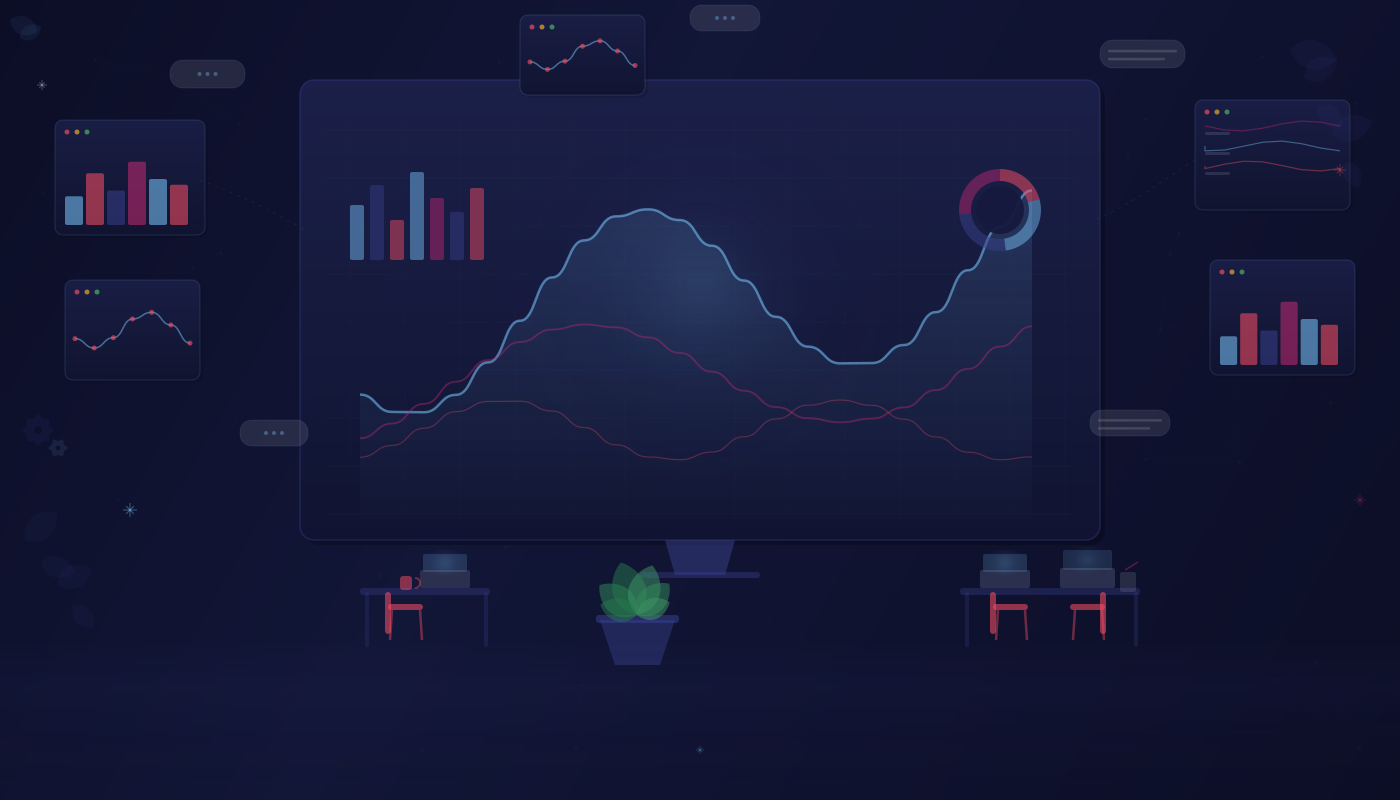
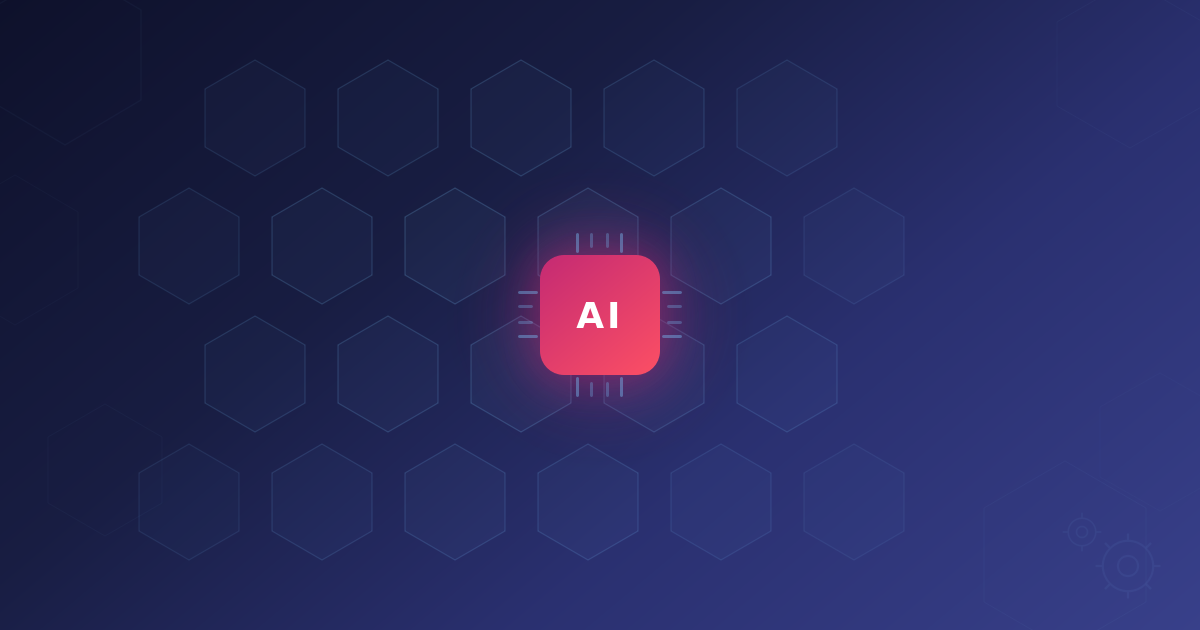
.png)
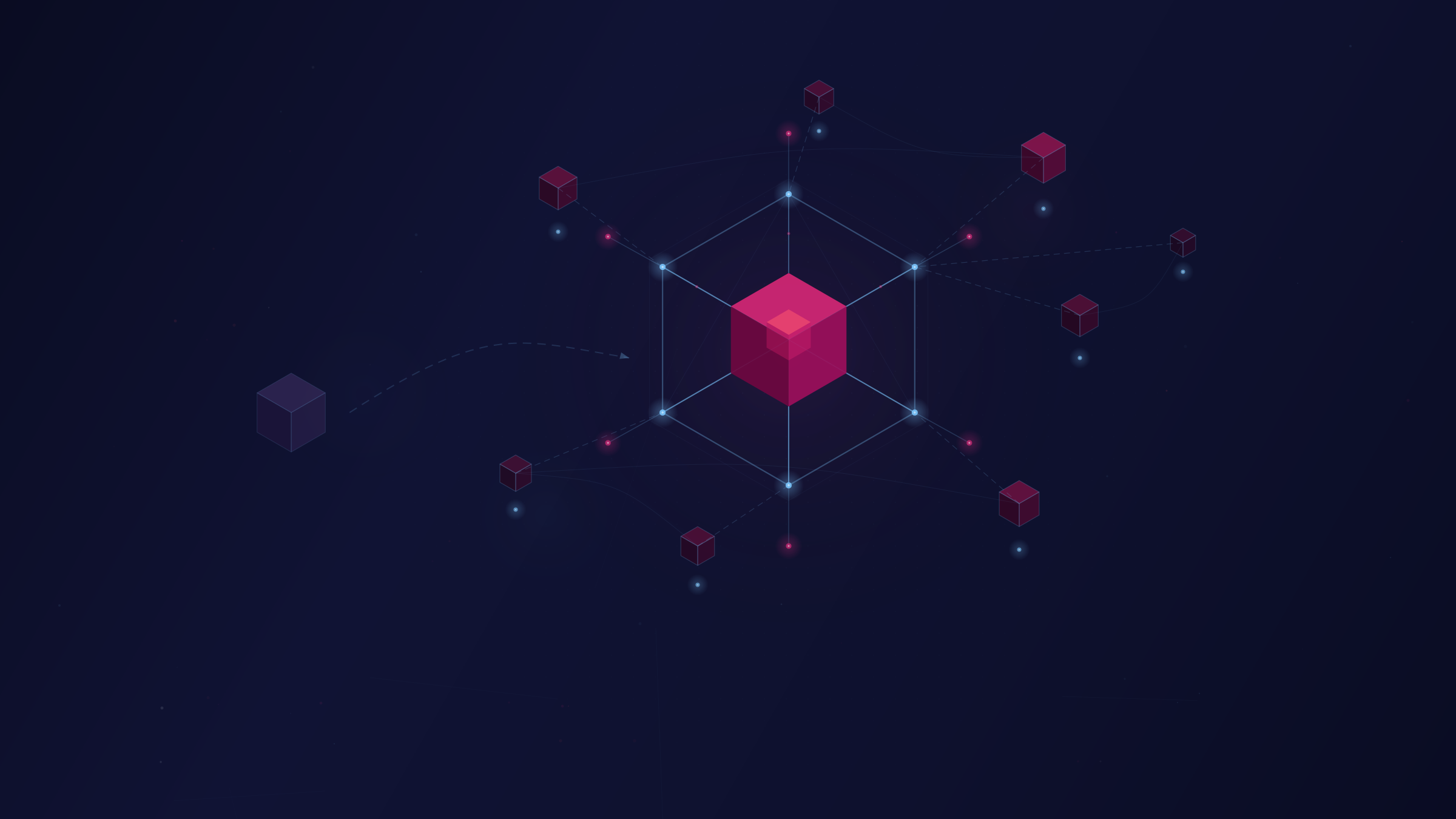
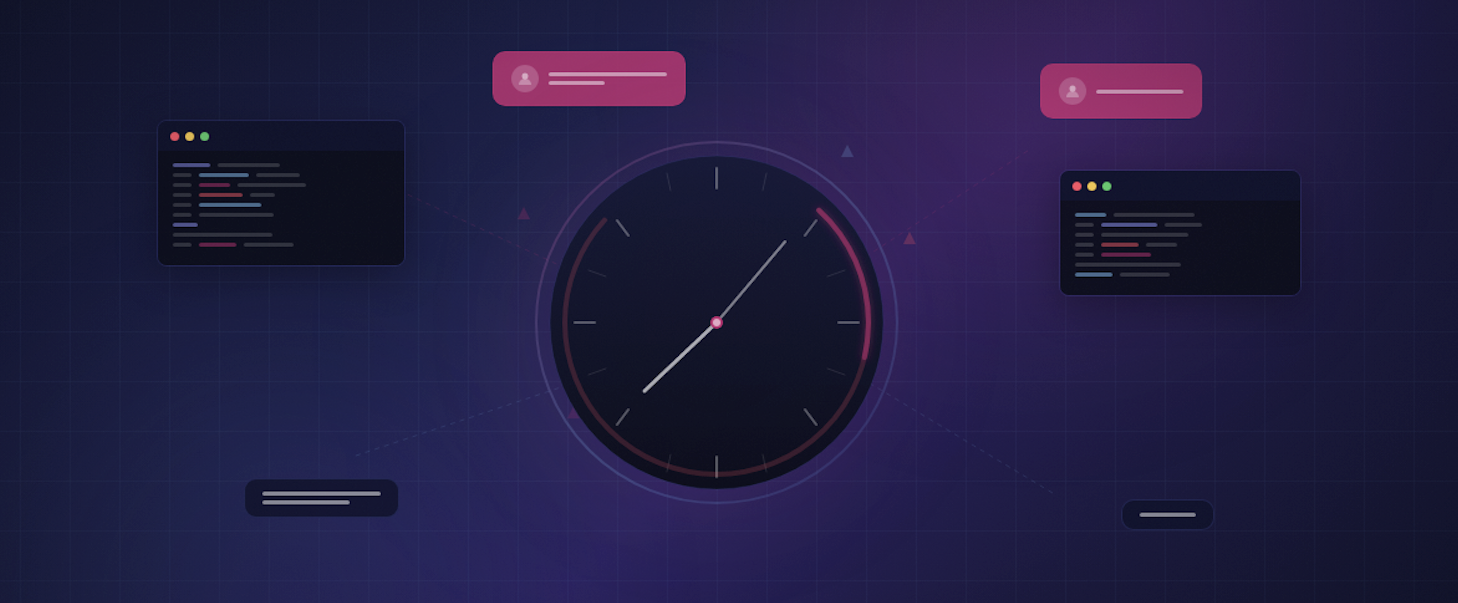
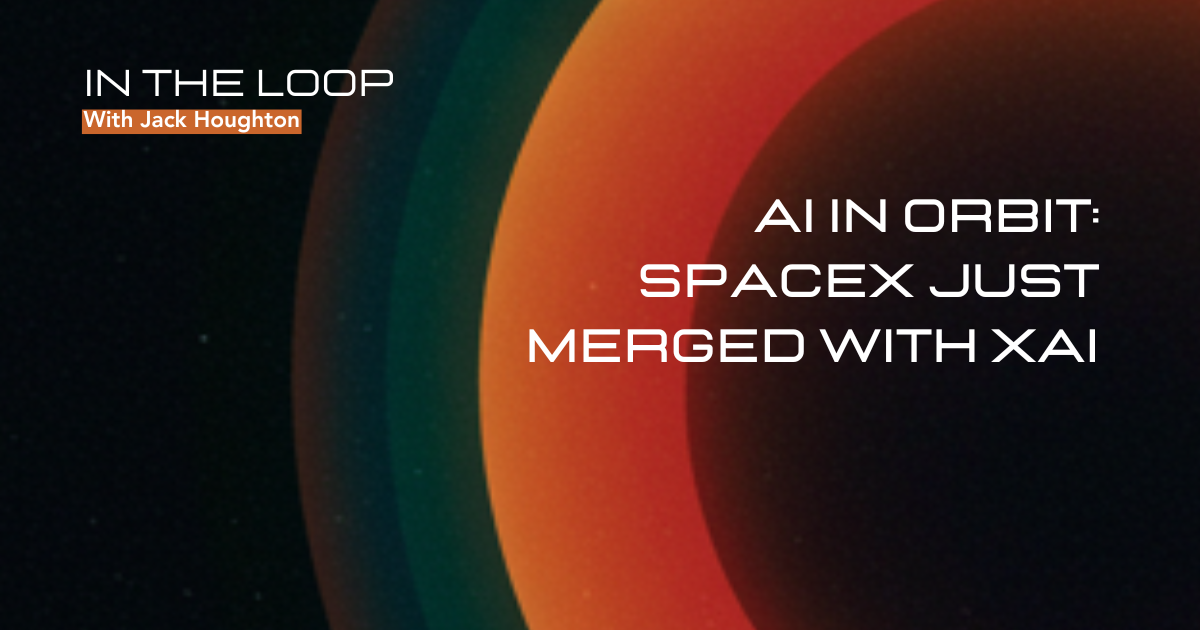
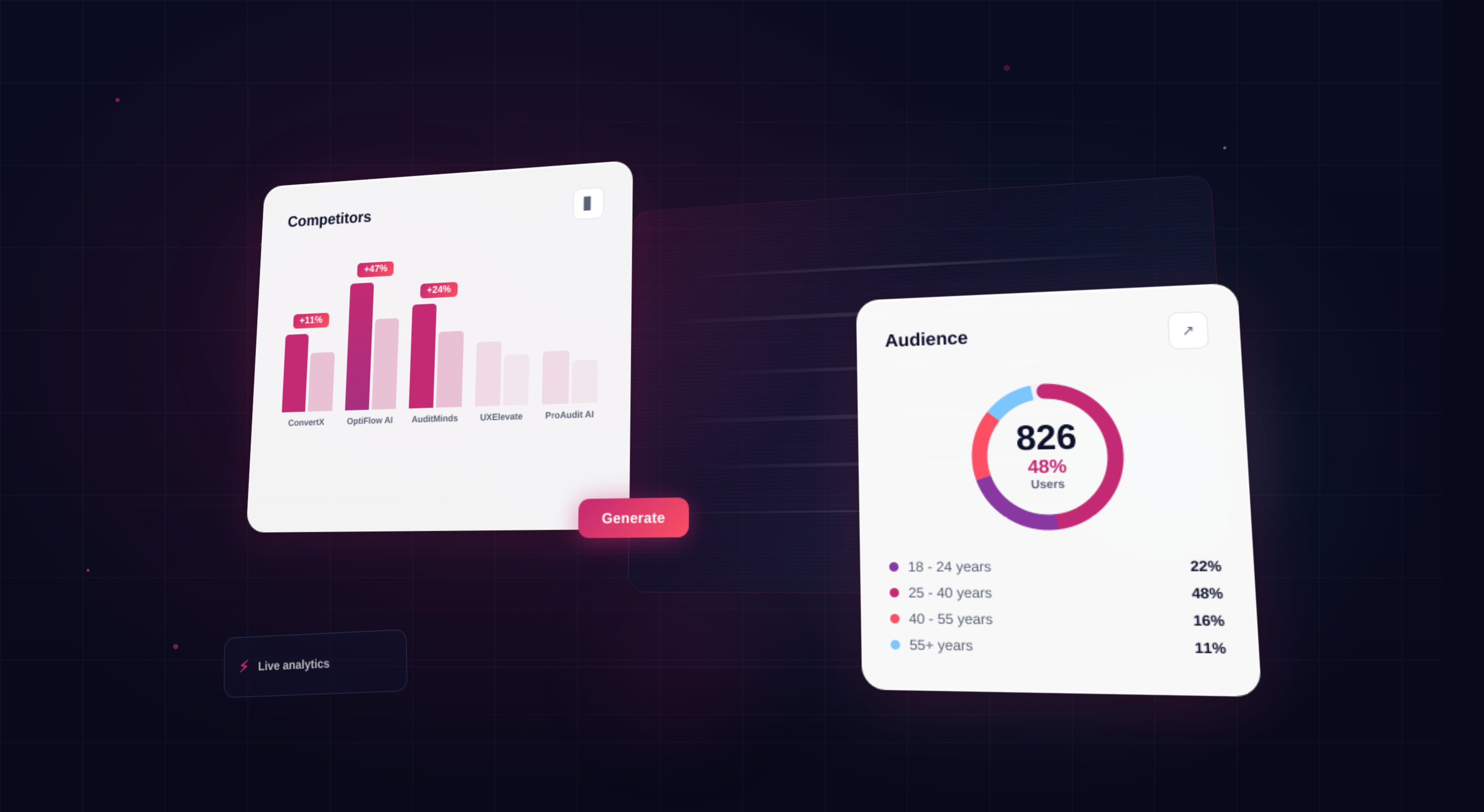
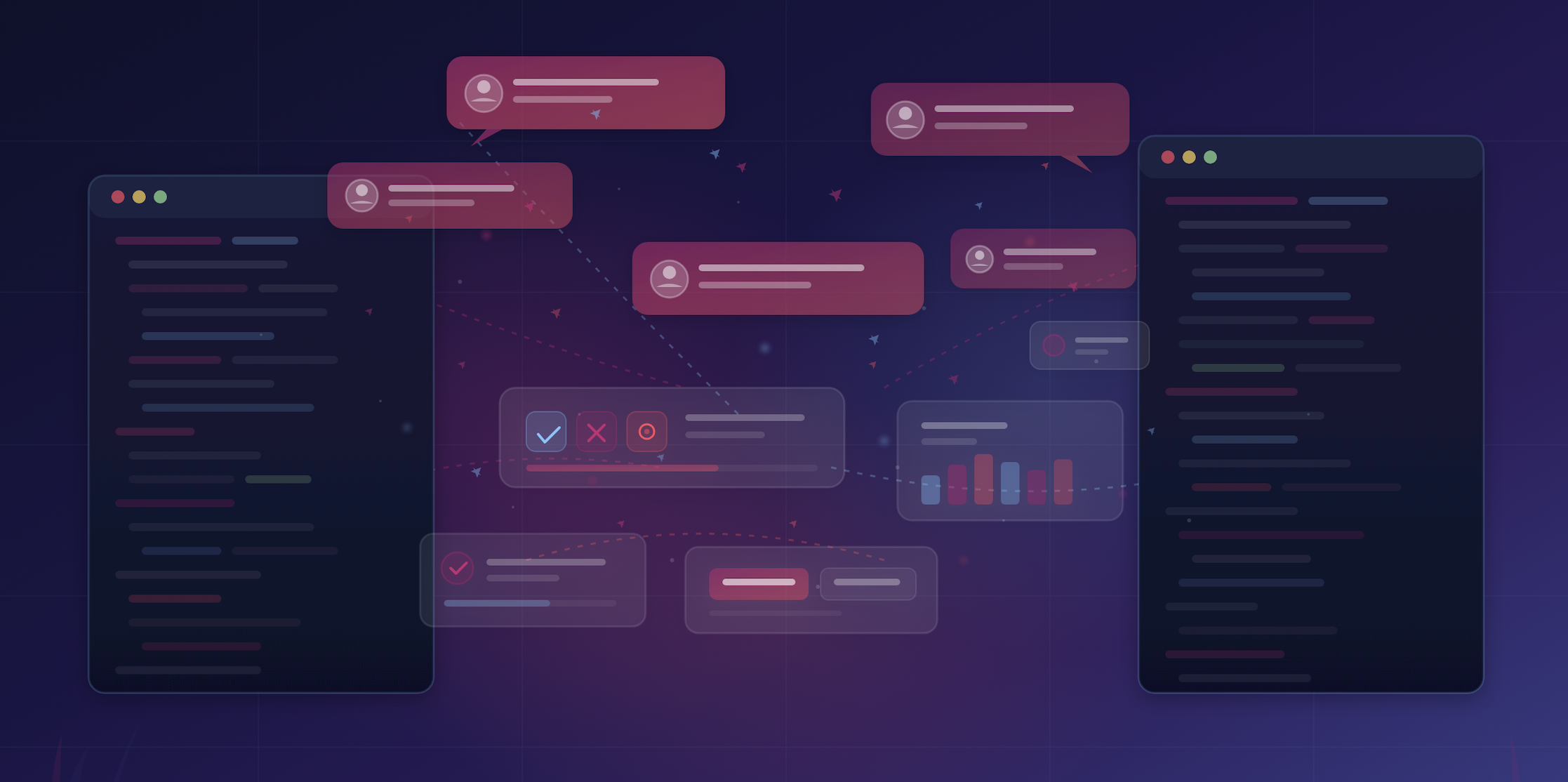
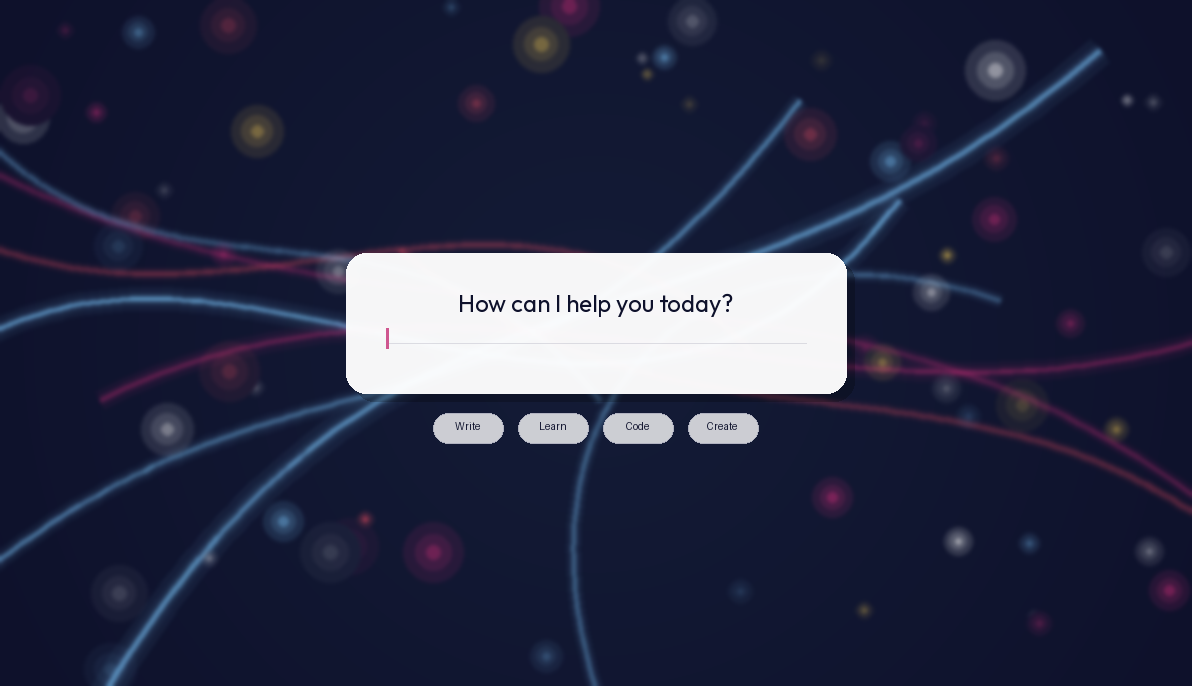
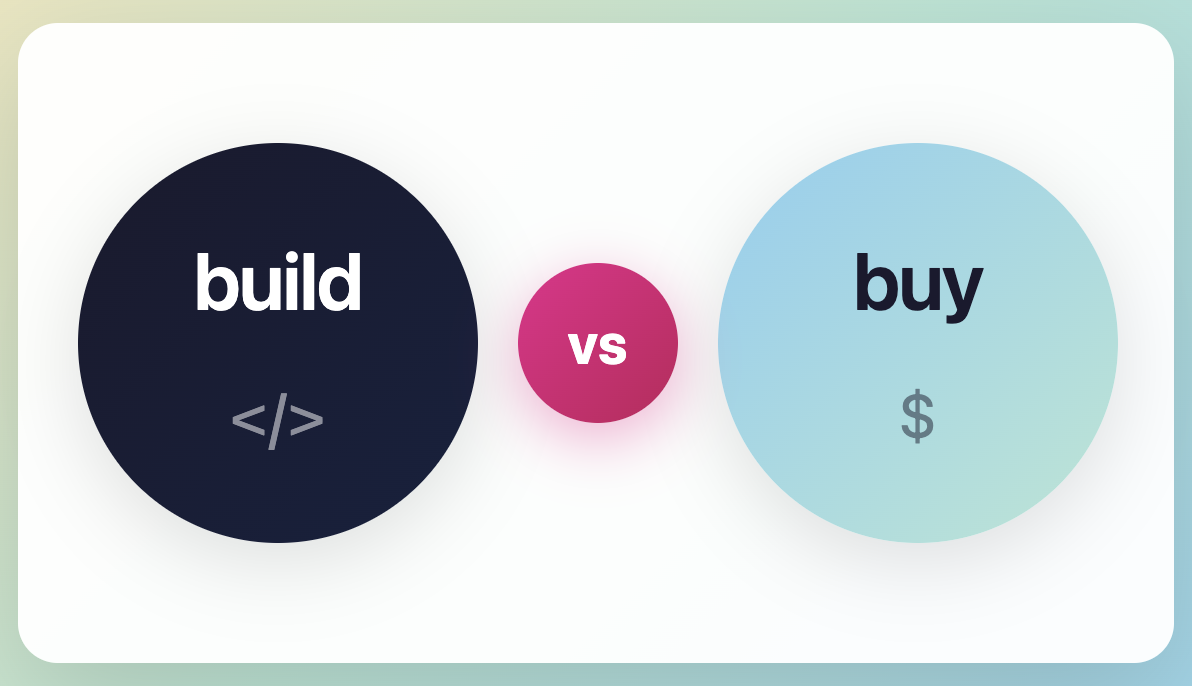
.png)
.png)
.png)
.png)
.png)
.png)
.png)
.png)
.png)
.png)
.png)
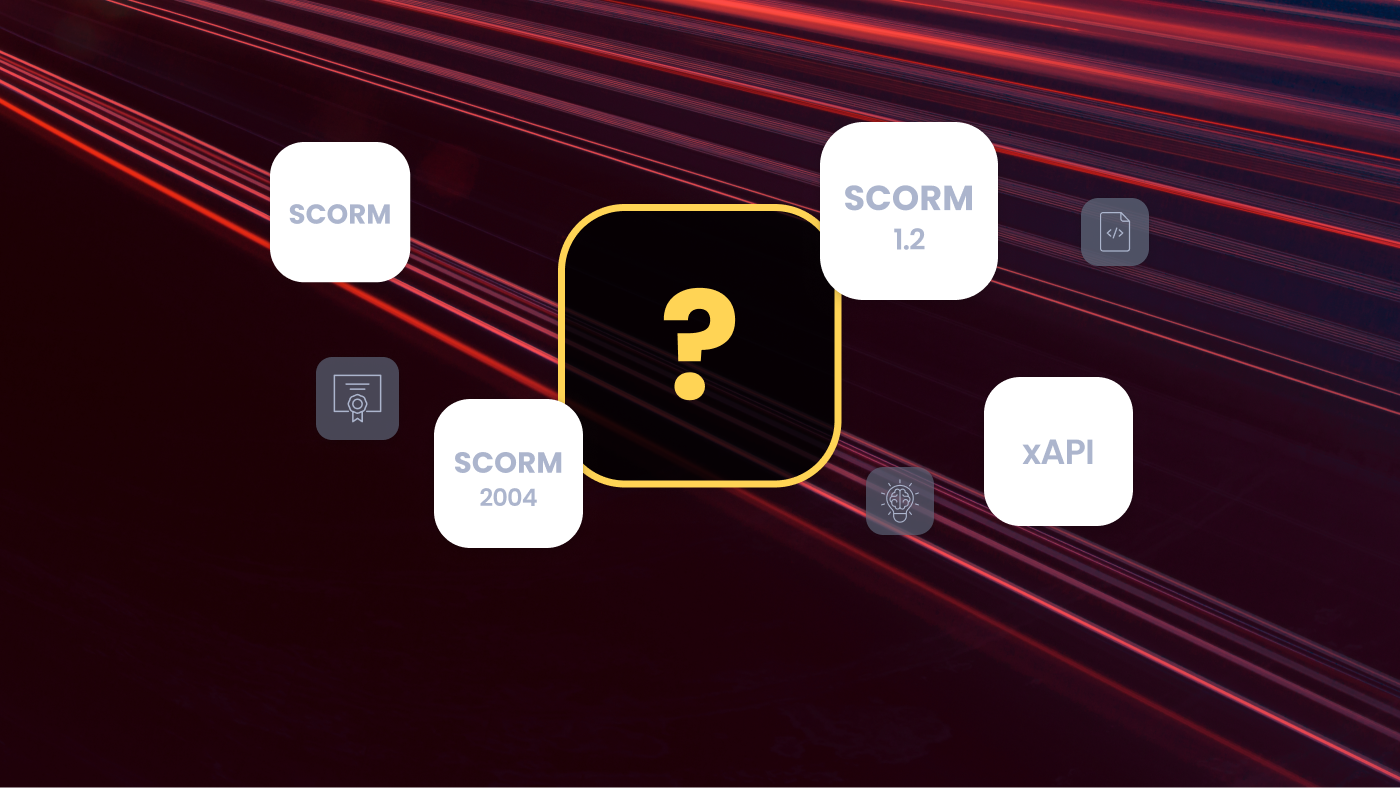
.png)
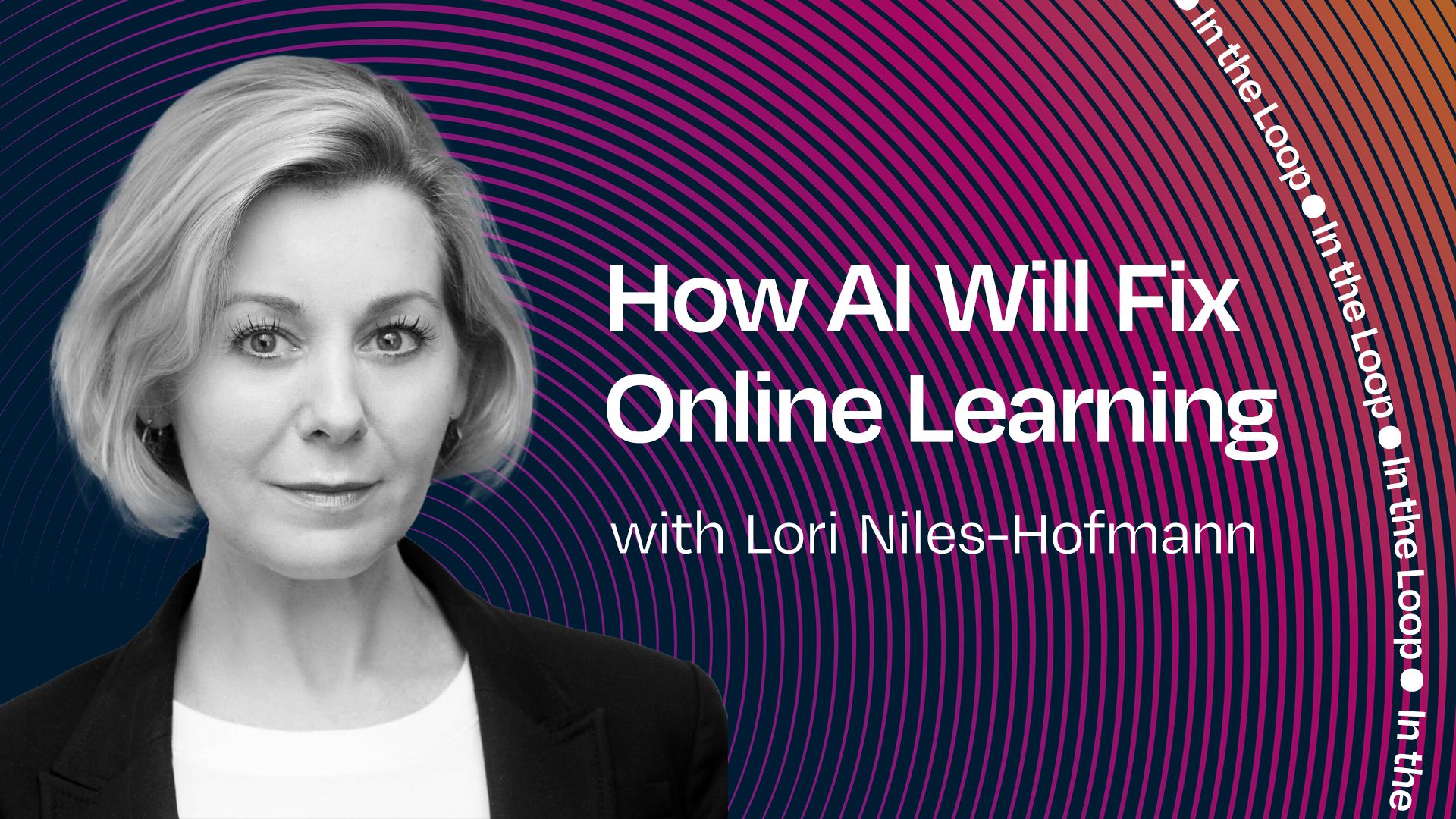
.png)

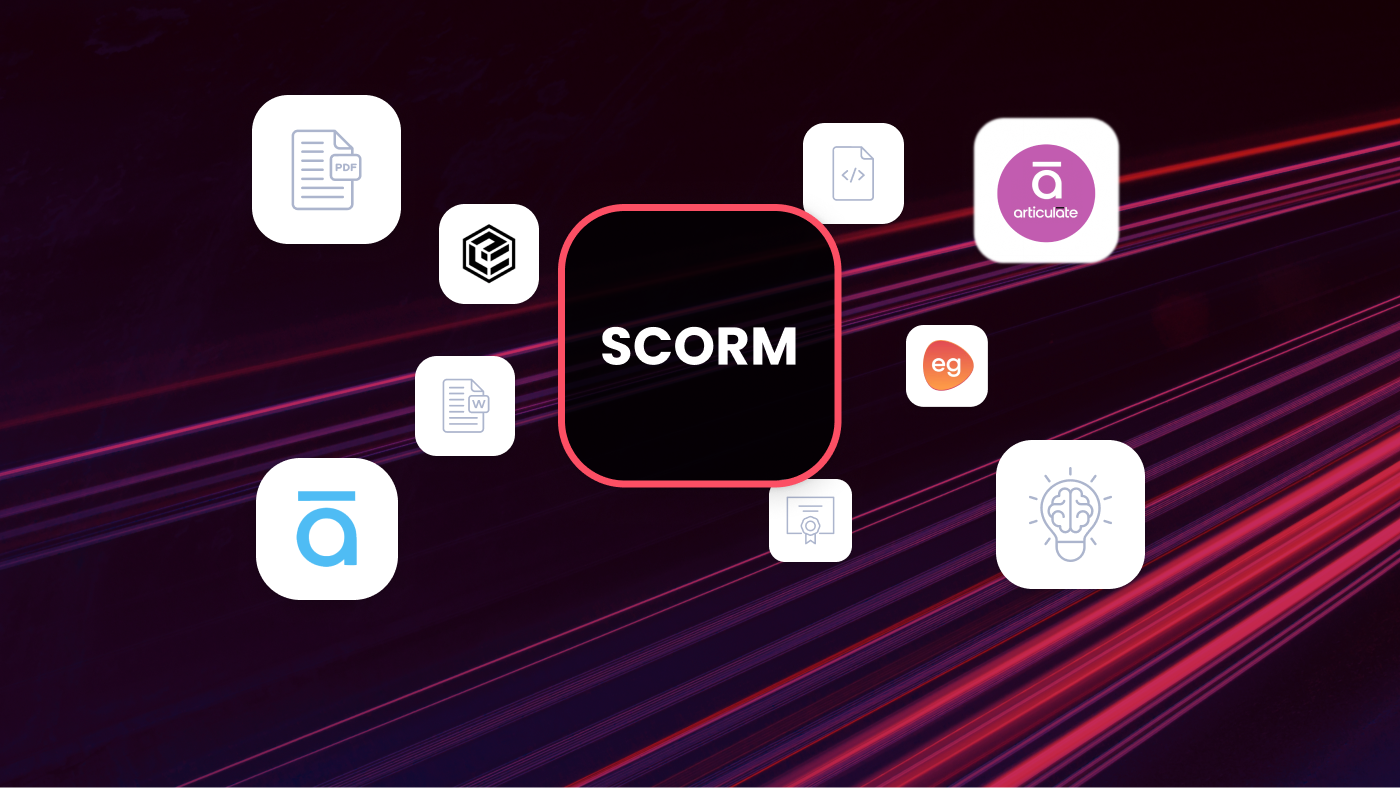
.png)
.png)

.png)
.png)


.png)
.png)
.png)
.png)
.png)
.png)

.png)
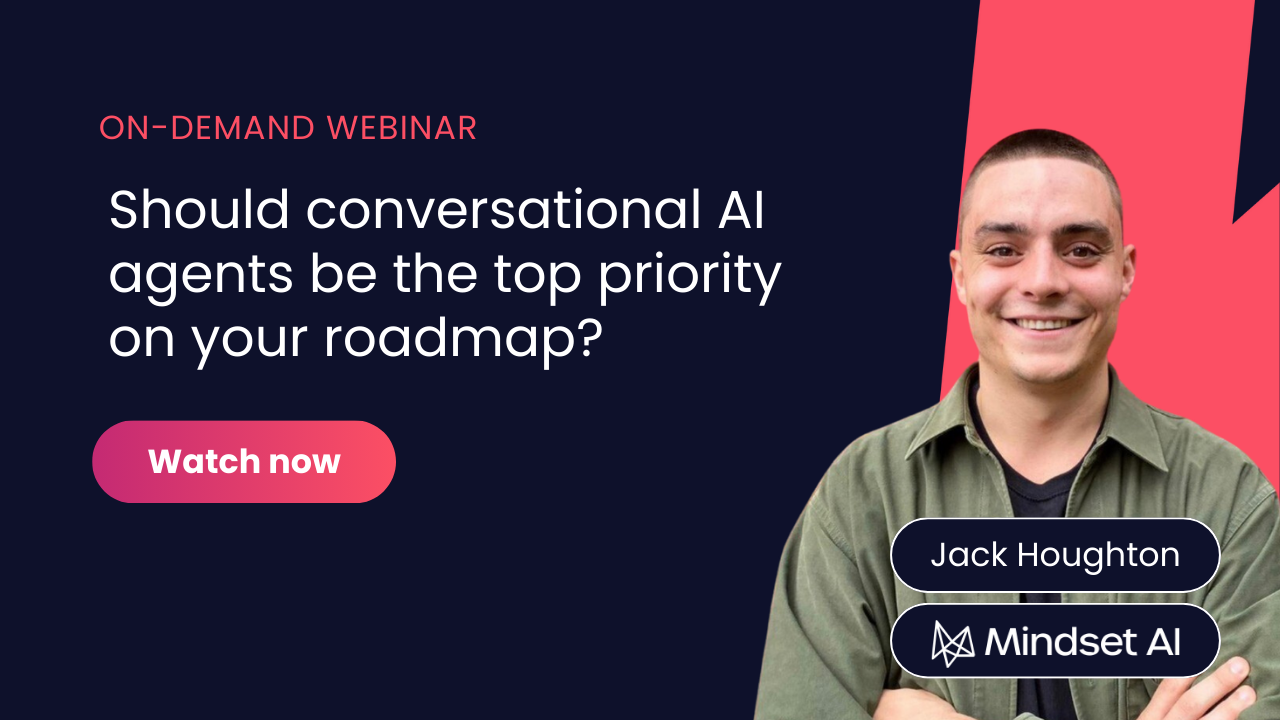
.png)
.png)
.png)
.png)
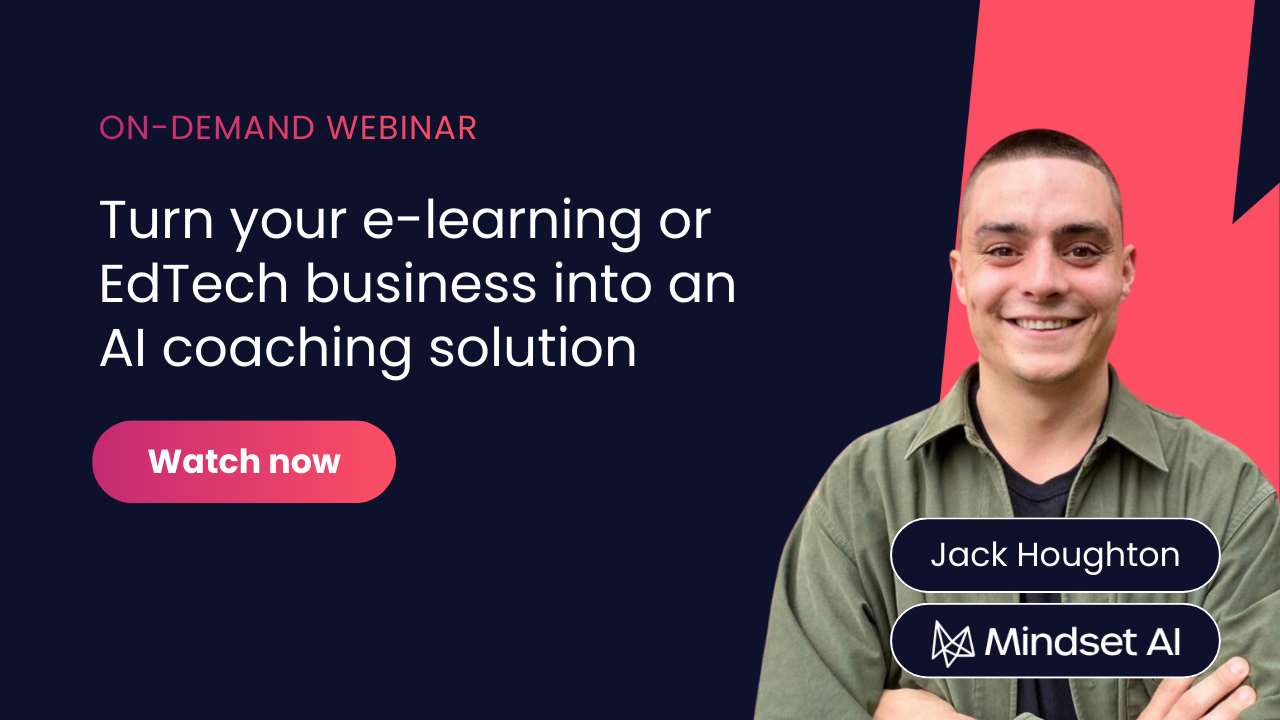
.png)
.png)


.png)
.png)
.png)

.png)
.png)
.png)

.png)
.png)
.png)
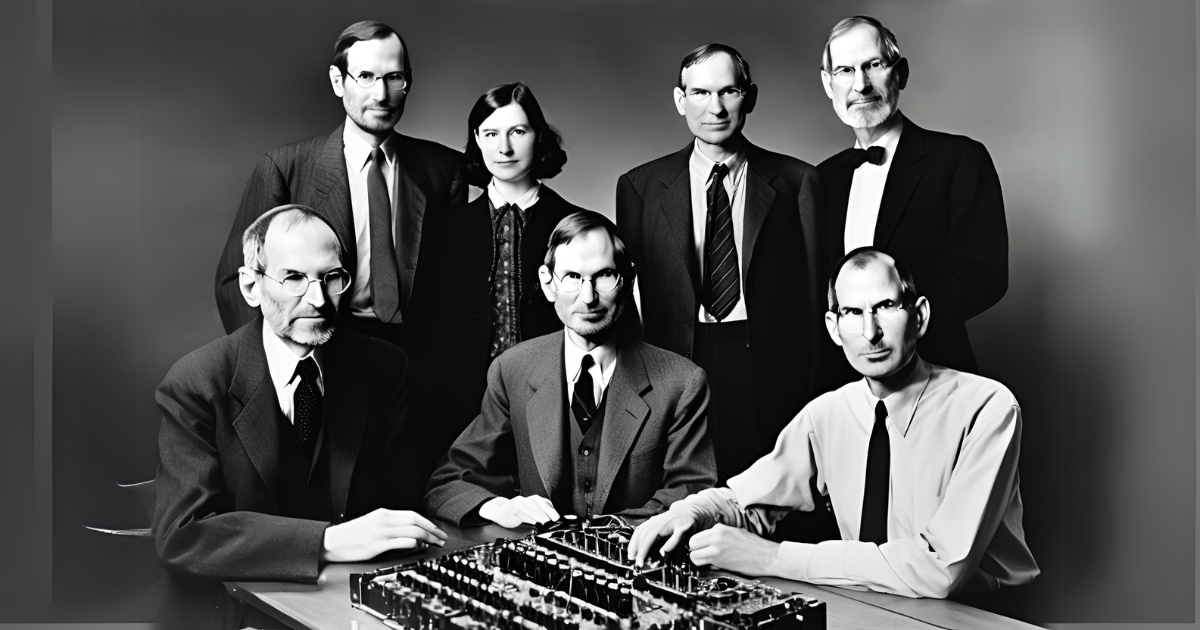


.png)






.jpeg)